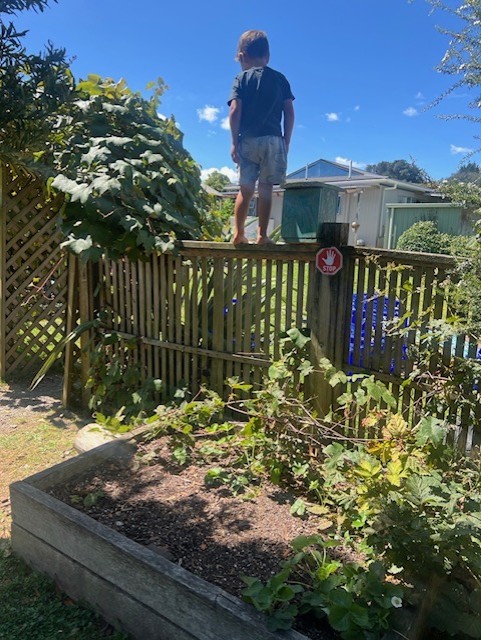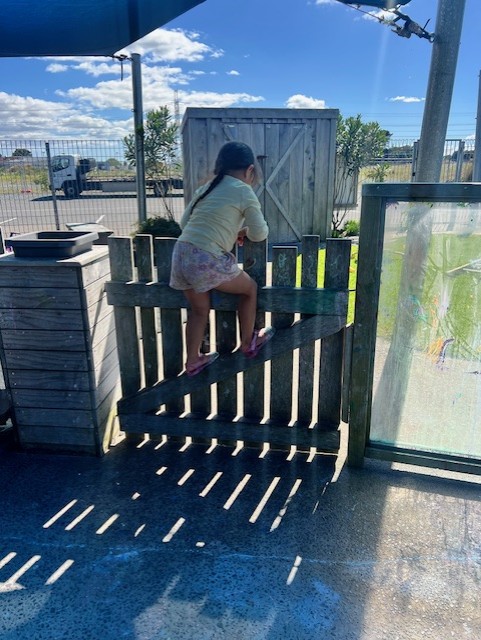Childcare Centre Escapes Highlight the Need for Vigilance
- Adam Stride
- Mar 17
- 2 min read
Recent reports in the NZ Herald have highlighted a concerning trend: over the past five years, a staggering 321 children have escaped from early childhood centres (ECEs) across New Zealand. These incidents, as detailed in the article Revealed: 321 children escape from New Zealand early childhood centres in five years, are a stark reminder of the importance of robust safety measures in our ECE environments.
The thought of a toddler wandering onto a road is every parent and educator's nightmare. These escapes not only endanger the children involved but also erode the trust parents place in childcare providers. So, what can be done to prevent these incidents and ensure our youngest learners are safe and secure?
At Playsafe, we're committed to helping ECEs create safe and stimulating environments. Here are some key mitigation strategies to consider, specifically aimed at reducing the risk of those would-be escape artists finding their way out:
Fortifying Your Fencing: Design Matters
No Ladders Allowed: The design of your fence panels is crucial. Avoid horizontal elements that could be used as steps or climbing aids. If horizontal supports are necessary, consider adding a 45-degree bevel board to deter climbing.
Landscaping Considerations: Be mindful of what's placed near fences. Sand kitchens, retaining walls, sandpit edgings, and even planter boxes can inadvertently provide a boost for adventurous climbers. Keep these elements away from fence lines.
Tree Management: Overhanging branches that touch or cross fences can create an easy escape route. Regularly prune trees to eliminate these access points or install barriers to prevent climbing.
The Gate Debate: Speed and Security
Auto-Closing is Essential: All gates should be self-closing to ensure they are never left ajar.
The Goldilocks Zone of Closing Speed: The closing speed is just as important as the auto-close function itself. Aim for a closing time of between 4-8 seconds from a 90-degree angle.
Too Slow? A gate that closes too slowly might not latch properly, giving a child ample opportunity to slip through.
Too Fast? A gate that slams shut can damage the latching hardware and create finger pinch and crush hazards.
The Ultimate Solution: Professional Play Area Audits
The best way to ensure your outdoor play environment is secure is to engage a qualified and certified Level 3 play auditor. Look for an auditor deeply experienced in ECE play principles and accepted industry best practices. They will conduct a comprehensive review of your space, as outlined in the NZS5828 standard, checking for potential weaknesses and highlighting any concerns about environmental security.
Creating a Secure Environment
The safety and well-being of children in our care must always be our top priority. By implementing these recommendations and proactively addressing potential hazards, we can create ECE environments where children can explore, learn, and play with confidence, and parents can have peace of mind. Don't wait for an incident to occur – take action today to secure your outdoor play space. Contact Playsafe today to learn more about how we can help.
Also check out our comprehensive PlaySafe Guidebook, which includes many more safety mitigations on this topic!
Examples of issues described above:




































Komentarze